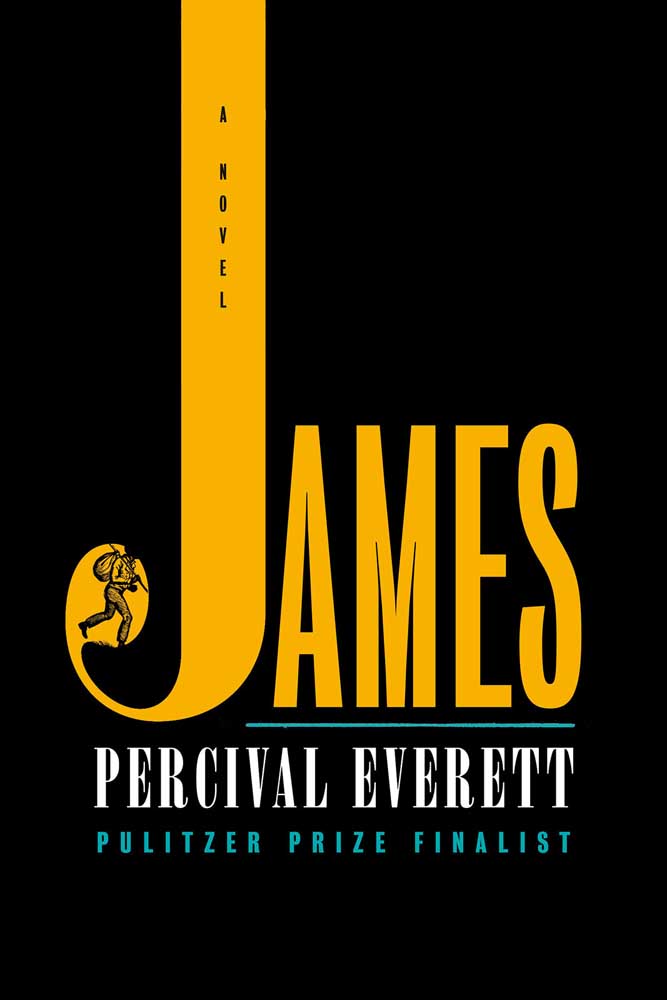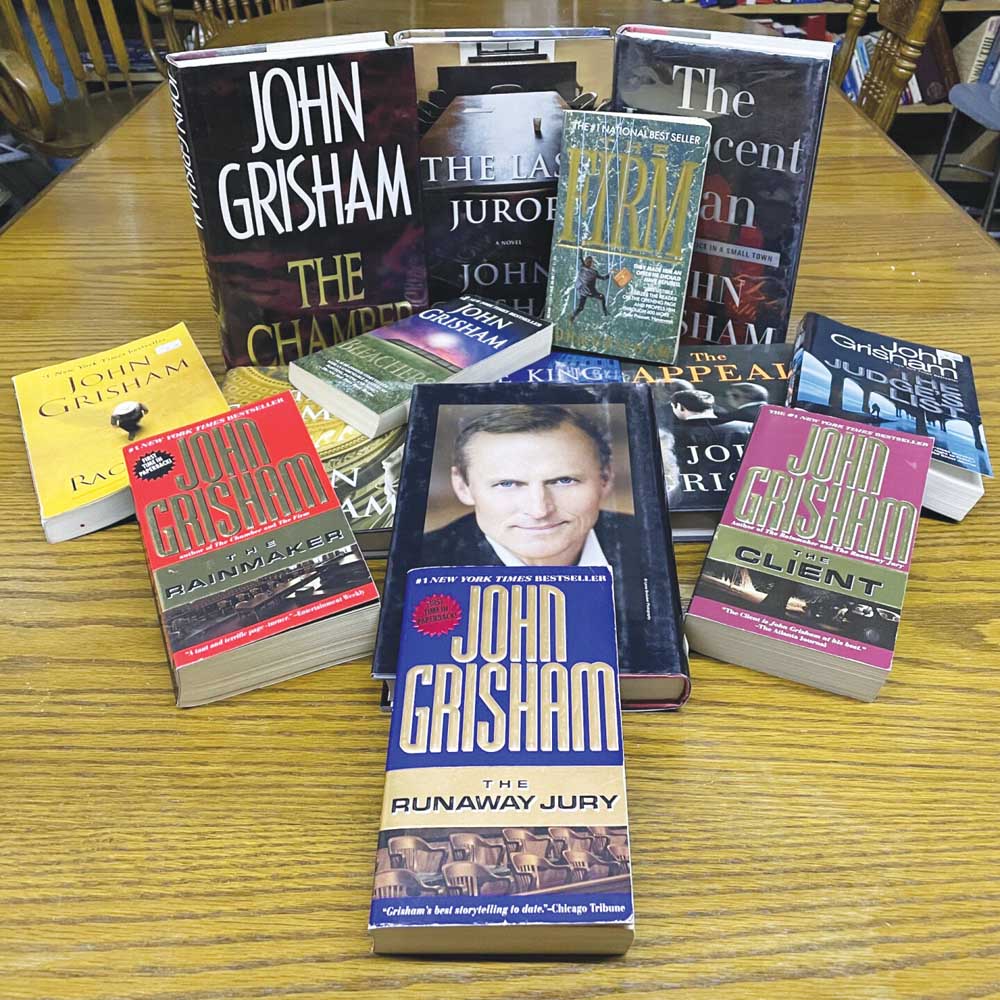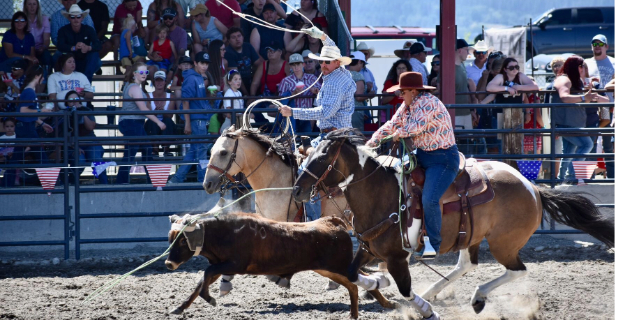‘James’ retells classic Huck Finn through Jim’s eyes
Published 3:00 am Tuesday, April 9, 2024

- BOOKS-BOOK-JAMES-REVIEW-MCT
The man called Jim has always been the hero of “The Adventures of Huckleberry Finn.” Mark Twain might have titled the book, often considered to be the Great American Novel, after the white boy who is one of its two protagonists. But Jim, an enslaved Black man who goes on the run down the Mississippi River with Huck in the antebellum South, is its deepest and most complex character, and its moral center in a cruelly violent world.
Now, 140 years after Twain’s book was published, Percival Everett has written a brilliant, stunning novel that centers on Jim and puts him in its title: “James.”
If you know Everett’s fiction, you won’t be surprised to hear that “James” is both razor-sharp satire and an engrossing human story.
If you don’t know Everett’s fiction, you’re not alone. He has published more than 30 books, is a distinguished professor of English at the University of Southern California and has received a lifetime literary achievement award from the National Book Critics Circle, the Hurston/Wright Legacy Award and a number of other prizes.
“James” begins right about where “Huckleberry Finn” does, at the home of the Widow Douglas and her sister, Miss Watson, who have taken in motherless Huck to, as he laments, “sivilize” him.
Everett’s version of the story, though, is narrated in first person by Jim, as he’s called by white people. Everett plays it for gentle comedy at first — recounting a prank Huck’s buddy Tom Sawyer plays on him, James tells us he indulges the pair by pretending to sleep: “Those boys couldn’t sneak up on a blind and deaf man while a band was playing.”
The first striking difference between Huck’s narrative voice and James’ is Southern dialect. It’s Huck’s consistent voice, but James uses it only when speaking to white people. When he’s addressing the reader or speaking with other Black people, his diction (and that of the other enslaved people) is educated and grammatically correct.
Why the dialect? Camouflage. Here he is giving his young daughter, Lizzie, a language lesson after they sample some cornbread badly baked by Miss Watson:
“‘But what are you going to say when she asks you about it?’ I asked.
“Lizzie cleared her throat. ‘Miss Watson, dat some conebread lak I neva before et.’
“‘Try “dat be,”’ I said. ‘That would be the correct incorrect grammar.’
“’Dat be sum of conebread lak neva I et,’ she said.
“’Very good,’ I said.”
That role-playing is a survival tactic; James and his peers know all too well that a slip can have horrific consequences if a white person sees any hint of them acting like equals.
Nevertheless, he pushes against his bonds. James has taught himself (and others) to read — a criminal skill for an enslaved person. So well read is he (thanks to time spent in Judge Thatcher’s large library) that when he’s bitten by a rattlesnake while in hiding with Huck on a nearby island, his delirium takes the form of a discussion with the French philosopher Voltaire. (Huck overhears it but fortunately thinks it’s just gibberish).
James is on that island after hearing a rumor that Miss Watson intends to sell him. Rather than permanently lose his family and any control of his own life, he runs away, determined to find a way to buy his beloved wife and child and live freely.
Huck has run away at the same time, after faking his own death — which puts James at even greater risk, because he knows he’ll be blamed. But he doesn’t abandon Huck, who is pretty much helpless, and for a while, the book follows the events of Twain’s book, but told from James’ mordant point of view.
But Everett departs from Twain’s plot well ahead of that problematic, infuriating ending to “Huckleberry Finn” — you know the one, where Huck and Jim end up back on dry land, and Tom Sawyer shows up but hides the news that Miss Watson has died and freed Jim in her will just so he can enact another childish adventure.
Everett jettisons Tom entirely (and good riddance) and sets Huck and James on different, more separate paths. James’ is a descent into a series of enslavements, from a brutal logging camp to a surreal experience in a minstrel show and more. As he struggles to free himself, James makes the same efforts for other Black people, and this version of the story becomes a truly thrilling hero’s tale, not just a boy’s fantasy.









